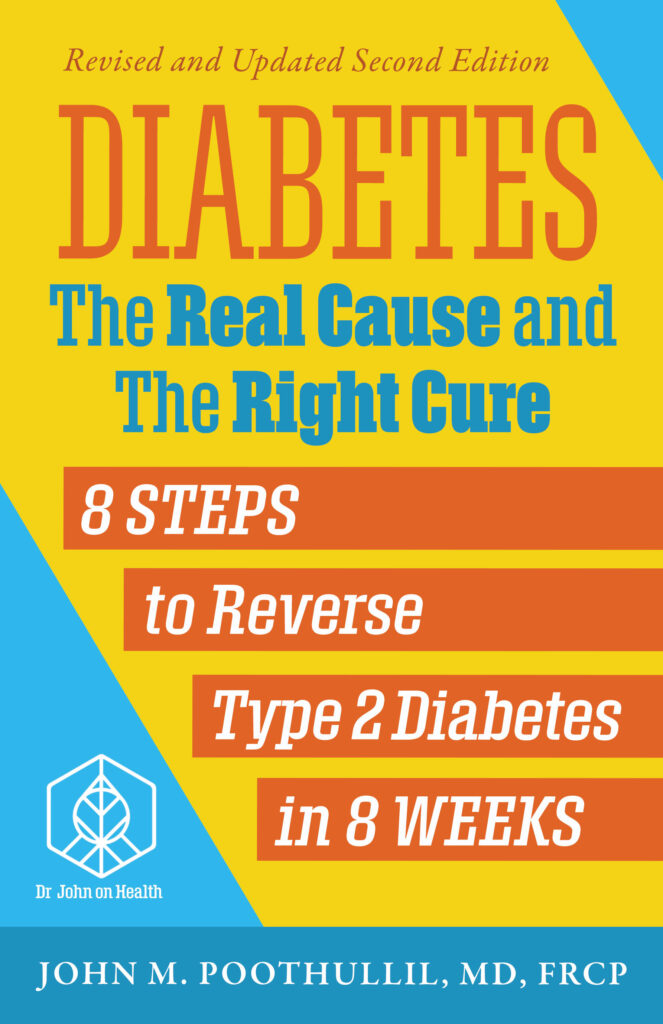This article is about how stress effects diabetes, it was originally posted in the USA Daily Times.
The word stress generally refers to a force or influence; as applied to the lives of humans, stress refers to any stimulus that alters the meaning or intensity of one’s feelings, actions, or communications. Signals that you interpret as harmful to your safety, security, or well-being are the ones that cause a stress response. The stimuli that cause stress are essentially the same for most people—perceived threats, illness, injury, overwork, unsolved work issues, family problems, relationship issues, or other inconveniences. The intensity and duration of the stimuli needed to elicit the stress response varies for each person. One individual may be able to handle many difficult life events that another would find highly stressful. The difference appears to be due to the conditioning and training one receives from parents to cope with stress starting in early childhood and continuing to adulthood, which determines a person’s sensitivity to stressful stimuli as an adult.
In general, people experience stress as an outcome of two powerful feelings: fear and pain. Fear can be imagined or real and based on known or unforeseen factors. Fear, by definition, is more emotional than rational. During the fear response, neurons located in the primitive core part of the brain (the limbic system) are activated before the stimulus can be analyzed on the intellectual level (in the prefrontal cortex) to determine if it is real and deserves a thoughtful reaction. This fear forces you to determine what to do based on an incomplete analysis of partial information. Pain can be physical or emotional. It can be based on a current event or an experience.

The time of onset, degree, and duration of the stress response varies with each individual, as determined by the hormones released in the body during the stress response. For instance, let’s look at anger, a feeling of displeasure aroused by real or imagined stress. If your body releases adrenaline at the slightest provocation, you’re a person who will get angry quickly and easily. If the amount of adrenaline released is large or if your sensitivity to it is high, the intensity of your anger will also be high. If you remain in a stressful environment or dwell on the stress in your mind, your body can continue releasing the hormone for a long period, setting the stage for prolonged anger. If you routinely expect a person or event to create displeasure for you, it may cause you to be angry each time you encounter that person or event.
The role of stress in diabetes is related to two consequences. First, when you are under stress you may react by eating, since the hormone, dopamine, released by the pleasures of eating can counterbalance the stress hormones and lessen the sensation of stress.
Secondly, just receiving a diagnosis of Type 2 diabetes can trigger a continuous sense of stress in many people. In my opinion, the quality of life deteriorates from the moment Type 2 diabetes is diagnosed. The patient is confused about the reason for getting diabetes. Doctors usually ask about the patient’s family history of diabetes, and the latter is more likely than not to conclude that it is hereditary because someone in the family has it now or had it. The patient will be asked to lose weight and given instructions not to skip meals while on diabetic medications lest she may suffer symptoms of low blood sugar.

This life change is often stressful for a person who has never experienced symptoms of low blood sugar and therefore is unfamiliar with what they are supposed to feel. A low-level sense of trepidation and fear may become common in the person’s life. They may not know what to do when they feel a sharp hunger sensation as a consequence of taking the diabetic medication. Meanwhile, to prevent the consequences of low blood sugar, the doctor may have advised the patient to carry food at all times, especially when access to sugar-containing food is not assured, such as when traveling.
Family members and friends may worry about not being able to serve what the person is allowed to eat, or worse, not knowing how to deal with a low blood sugar situation if it occurs. Gradually, the person who has been diagnosed with Type 2 diabetes may decline to go out very much for fear of inconveniencing their friends and family. This could lead to emotional distress and its related stress responses, thus creating further doubts about being able to control one’s diabetes.
As a best-selling author and Nationally Syndicated Columnist, Dr. John Poothullil, advocates for patients struggling with the effects of adverse lifestyle conditions.
Dr. John’s books, available on Amazon, have educated and inspired readers to take charge of their health. There are many steps you can take to make changes in your health, but Dr. John also empowers us that we must demand certain changes in our healthcare system as well. This article is an excerpt taken from “Diabetes: The Real Cause and the Right Cure”, now available in a second edition.
Follow or contact Dr. John at drjohnonhealth.com.

Don’t let Type 2 diabetes or pre-diabetes control your life – start a delicious new journey to a healthier, happier you today!

Whether you were recently diagnosed or have had Type 2 diabetes for years, this book will open your eyes to new thinking about the real cause and an actual cure based on scientific thinking.
Understanding Dr. John’s explanation for the cause of diabetes opens the door to reversing it. The book provides an easy-to-implement 8-step program that will truly lower your blood sugar for good.
This new edition contains updated information and a new Appendix with over 20 FAQs about diabetes that are critical to your commitment to change your approach to eating.


